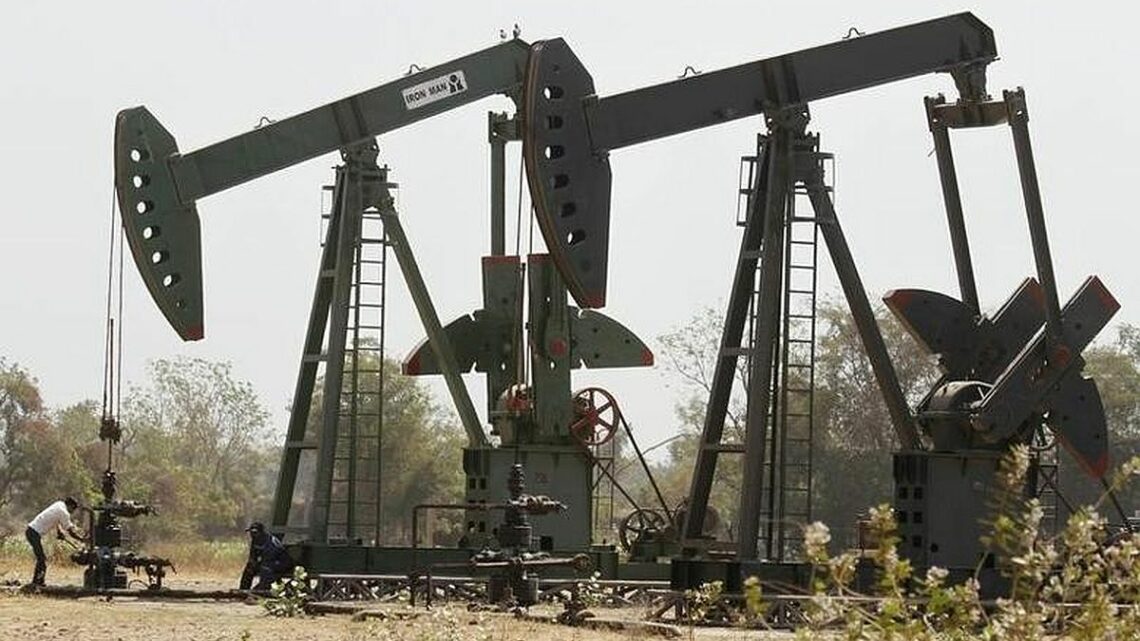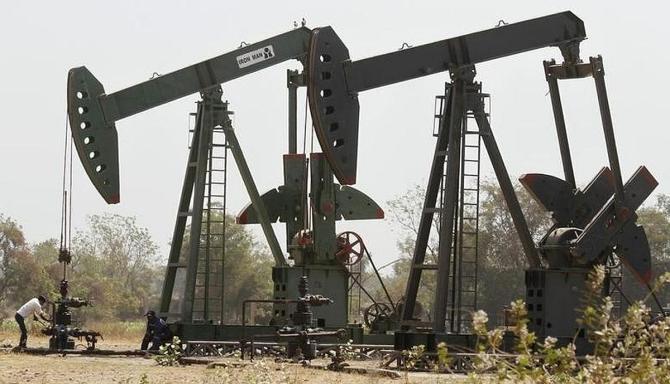
Crude calculations on a Russian oil price cap
November 8, 2022Come December, India may have to re-evaluate purchases of Russian oil if a price cap on crude oil proposed by the US and the European Union (EU) comes into effect.
That impacts nearly a quarter of India’s oil purchases that come at a discount, helping limit marketing losses for India’s state refiners and enabling New Delhi to manage inflation by freezing pump prices of motor fuels.
In September, India imported 1 million barrels a day or 24 per cent of its overall imports from Russia, which became the biggest supplier of oil to India.
Russia achieved this distinction in just seven months after invading Ukraine in late February.
Decades of West Asian hegemony in India’s oil market by Saudi Arabia and Iraq were shattered in a few months by Russia, which offered better prices to Indian refiners.
On paper it makes sense for India to toe Washington’s line.
The US and EU propose to keep a ceiling of $40-$60 a barrel, half the current market rates, and around $60 a barrel lower than what India paid for Russian delivered cargoes in September.
So India will get to purchase Russian crude at huge discounts.
Currently, Russian crude oil trades at a 25-35 per cent discount to international oil prices, as a result of a modest reduction of 10-20 per cent in oil exports from Russia to Europe.
But Moscow has threatened to cut off oil supplies if any form of price cap is imposed.
“This mechanism is unacceptable to Russia and if it is implemented we are not going to supply countries that join, we don’t see the efficiency of this or any necessity,” Russian Deputy Prime Minister Alexander Novak has said.
If Russia stops supplies, then 2.5 million barrels a day of oil may disappear from the market, 3 per cent of world demand, threatening to send oil to $200 a barrel, according to analysts.
The US has already shut off Iran and Venezuela from the market, which together supplied over 3 million barrels a day.
“The (price cap) idea has not exactly found ready acceptance outside the G7-EU, not in the least because it is an untested, unprecedented and dangerous interference with a major global market and has not progressed much beyond the conceptual stage,’’ said Singapore-based oil industry expert Vandana Hari.
“It would actually be wise for India to stay out of it.”
Complicating efforts for a price cap was the OPEC+ move, led by Saudi Arabia and Russia, last month to slash output by 2 million barrels a day.
That sent oil prices, which were gradually declining, higher.
US bank Goldman Sachs has raised its oil price forecasts for this year and next after the latest OPEC+ crude output cut.
It raised its Brent forecast for the fourth quarter of this year and first quarter of next year by $10/barrel to $110/bl and $115/bl, respectively.
“Russia is among the top three oil producers, and their oil cannot be easily replaced,” said London-based oil industry consultant Tilak Doshi.
“The drastic reductions in global oil and gas upstream investments since 2014 have put tight constraints on global supplies.” OPEC+ finds the idea of price caps on Russian oil as a threat to its collective interests, he added.
Russia has earned over euro 200 billion in revenue from fossil fuel exports since the conflict began late February, the Centre for Research on Energy and Clean Air (CREA) estimates.
Washington’s plan is to cripple Moscow financially to stop the war, and source oil cheaply to lower record inflation rates in the US and Europe.
EU member states have spent a combined euro 106 billion on Russian fossil fuel imports from the beginning of Vladimir Putin’s invasion of Ukraine in February until now, said Lauri Myllyvirta, lead analyst, CREA.
Price caps would have reduced this amount by over euro 14 billion since the beginning of July, 35 per cent of the value of the EU’s imports during the period.
The plan can only work if three countries fall in line — China, Turkey and India, which together purchase most of Russia’s crude today.
China paid around euro 41 billion for fossil fuel imports from Russia since the war began, of which 84 per cent was spent on oil, CREA data shows.
Turkey spent euro 16.5 billion while India paid euro 7.7 billion on imports of Russian oil grades led by Urals.
Indian customs data pegs the value higher, at nearly $16 billion.
So the US and EU are threatening to cut off access to shipping and insurance to countries that don’t toe the price cap.
Russia is heavily dependent on the European shipping industry to enable its fossil fuel exports; 49 per cent of ships carrying Russian fossil fuel in September were owned by European shipping companies, and at least 59 per cent were insured in Europe, according to CREA.
This gives Europe a stranglehold on Russia’s exports and enables the imposition of a price cap on exports to third countries as well, Myllyvirta said.
China and Turkey are opposed to the West.
China is unlikely to agree to the cap coalition, so India has company, Hari said.
“It might have been risky for India to stay out if there was a danger of secondary sanctions but I think it’s clear that the US could not go down that route this time, for fear of constricting Russian supply and causing prices to spike,” she added.
But unlike China, which has transport infrastructure and can take on carriage risks, India does not have adequate ships to transport all of its crude.
It relies on foreign vessels and European insurers, said a BPCL official. India’s growing demand for oil is leading to a growth in support services like shipping, which will increase the number of Indian flagged crude carriers, said M K Surana, former CEO of HPCL and now head of Ratnagiri Refinery & Petrochemicals.
But that may not happen by December when the cap kicks in.
“Much has been made of the Western domination of shipping insurance (90 per cent of shipping insurance is controlled by Western companies, primarily based in London).
But this seems to underestimate the ability of financing by Russia, China and India in supporting shipping insurance to import Russian oil,” Doshi said.
“I think India is perfectly capable of finding a way in consort with Russia and third parties to make shipping and insurance arrangements for Russian crude imports after the ban kicks in,” Hari said.
Source: Read Full Article



